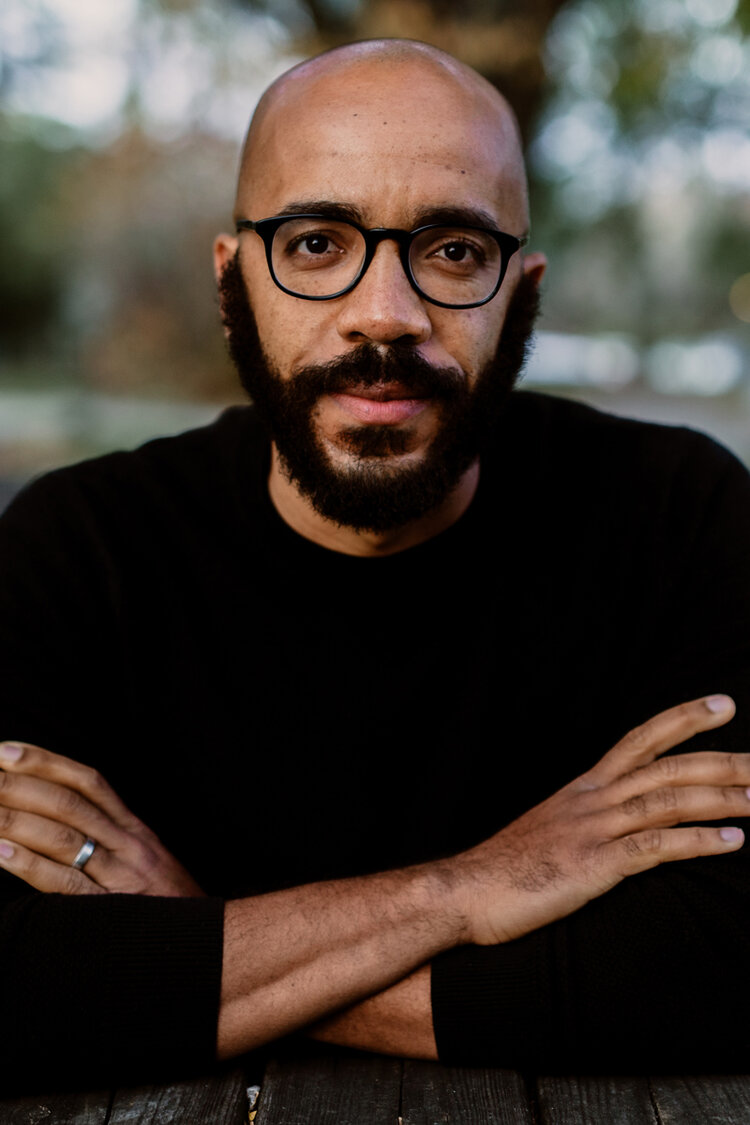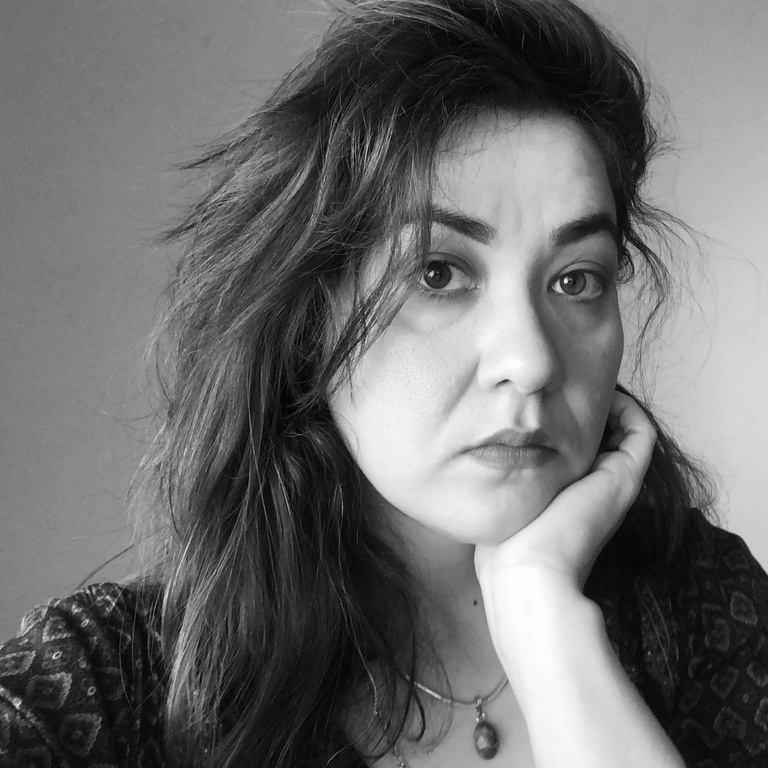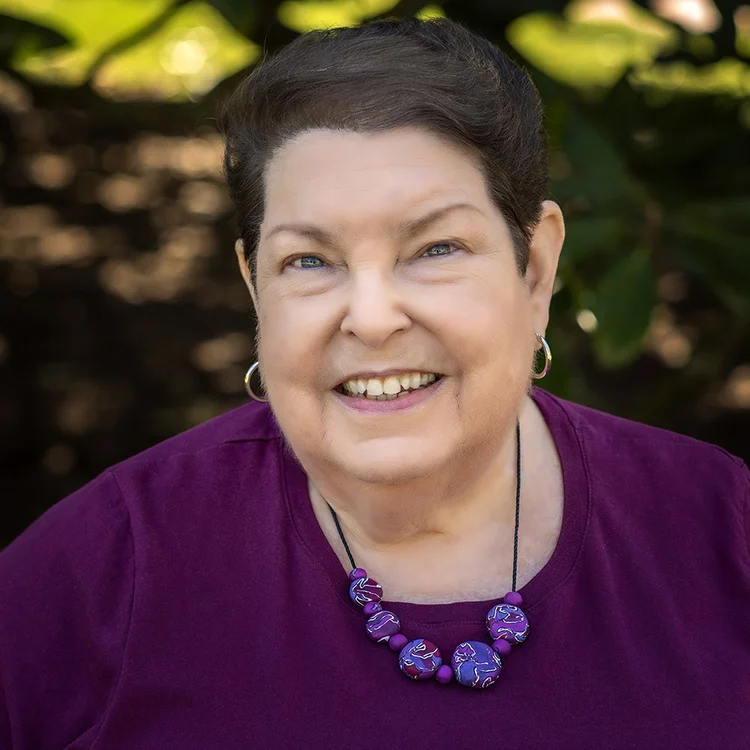
Paperback, 124 pgs.
I am an Amazon Affiliate
Dispatches From Frontier Schools by Sarah Beddow is an in-depth account of teacher in a poorly funded charter school and the pull of an educator to fulfill their passion in educating children and the tension it comes with when there is little funding, students are hard to reach, and family takes a back seat to her students. In the opening poem, “Dispatch for: [redacted]” the poet says, “I do not want do not want cannot/stand this world/for them So I touched/ her and listened. She did/not dissolve today but/surely she will/and/if I can I will be/the nurse who notices the silent shivering the silent tears and brings/an extra blanket//” (pg. 16)
Throughout this collection, readers will experience what it is like inside the classroom, dealing with managers, and caring deeply for students. She wants to reward her most engaged students, but the world seems to conspire against even the simplest rewards – a donut party. There’s a deep sadness in some of these poems. It’s clear the narrator of these poems is dedicated to her students, but teaching itself is hard enough without having to handle the pressures of the administration and compliance with rules. in “Dispatch re: Complaince” “I have / nothing else / to give no ideas better than these / no students more woke / no donuts / no tears left to cry in the parking lot dawn / no me” (pg. 19)
Beddow tackles guns in school, education compliance, testing, inter-personal relationships between students, teen pregnancy, and how teachers must be involved but not be too involved in students’ lives. From “Dispatch re: Our Scholars” (pg. 55), “To take children of color and performatively / age them into such series / stuffy academics Lock them away in / an ivory tower until they / emerge civil and / obedient fit to meet the nation’s needs”
Dispatches From Frontier Schools by Sarah Beddow is a deeply moving collection of horror and beauty in educating students in a tumultuous time where students and teachers are under enormous pressures. Beddow is a masterful storyteller; she will have readers crying and thinking deeply about our education system.
RATING: Quatrain

Sarah Beddow is a poet, wife and mother. She is the author of the book Dispatches from Frontier Schools (Riot in Your Throat) and the chapbook What’s pink & shiny/what’s dark and hard (Porkbelly Press). Her poems and essays have appeared in Bone Bouquet, Menacing Hedge, Entropy, GlitterMOB, and elsewhere. She has degrees in creative writing from Johns Hopkins University and Sarah Lawrence College. After completing her MFA in poetry, she earned an MS in Urban Education from Mercy College and spent nearly a decade teaching high school English. Though she now works in educational publishing, she looks forward to one day returning to the classroom.

 About the Poet:
About the Poet:














 About the Poet:
About the Poet:
 About the Author:
About the Author:
 About the Poets:
About the Poets:


 About the Poet:
About the Poet:
 About the Poet:
About the Poet:


